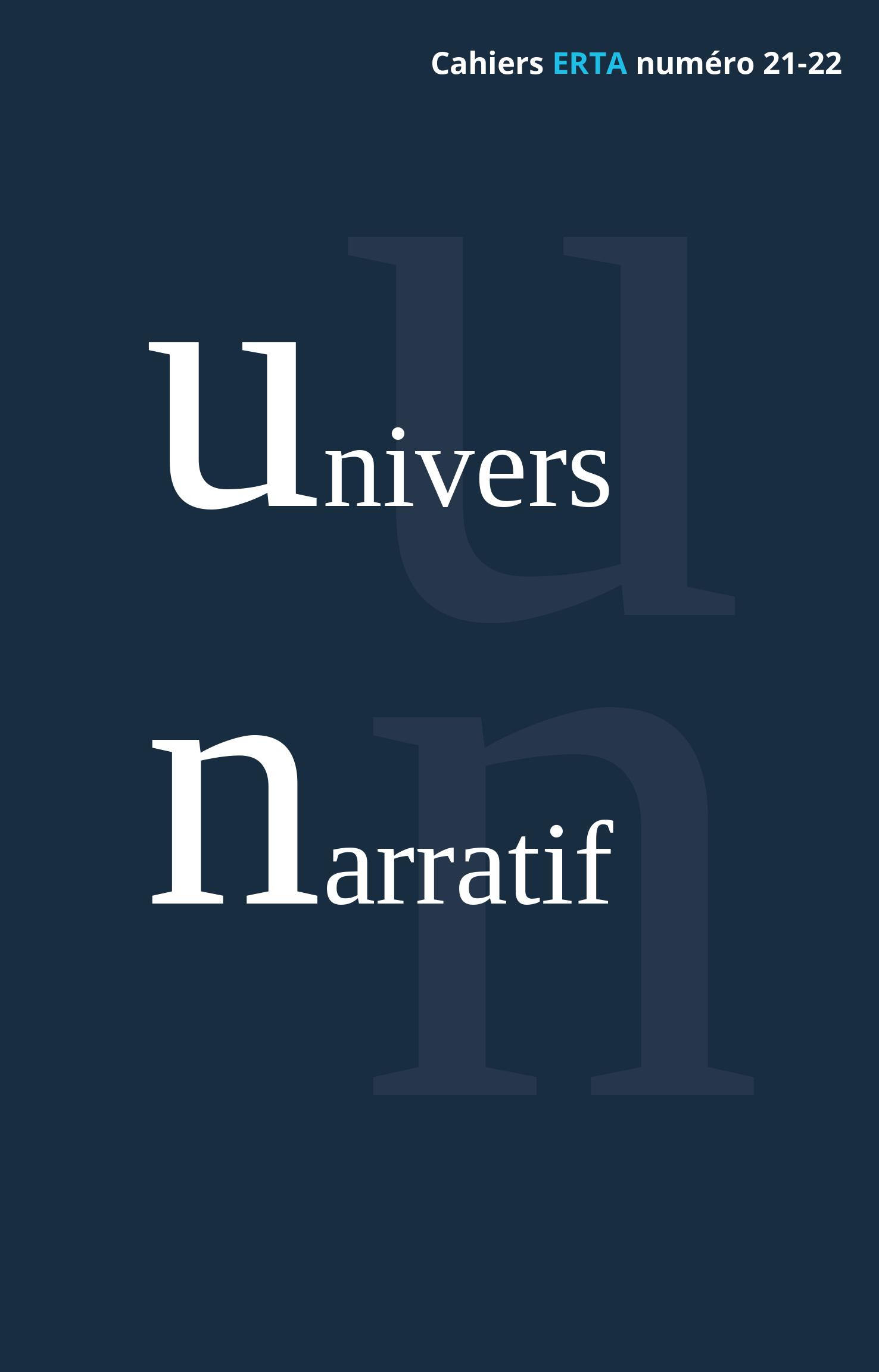Un masque qui démasque. De "Gabriel" de George Sand
Mots-clés :
masque, quête identitaire, identité, soumission, domination, GabrielRésumé
Gabriel unmasks an open secret: freedom is a business and a right of the men. The supposed inferiority of women is a social structure. This manipulation, authored by the masculine part of the society, is brought to light with the help of the mask, which becomes an "unmasker". Gabrielle, raised as Gabriel, works on her identity, all the while dreaming of the impossible. To live as a woman while keeping her freedom is an idealistic construction that ultimately has to be crushed under the weight of social laws.
Téléchargements
Références
Barry J., George Sand ou le scandale de la liberté, trad. M.‐F. de Paloméra, Paris, Seuil, 1982.
Calame C., « Démasquer par le masque. Effets énonciatifs dans la Comédie ancienne », [dans :] Revue de l’histoire des religions, 1989, t. 206, no 4.
Campbell J., Le héros aux mille et un visages, H. Crès (trad.), Escalquens, Oxus, 2010.
Chambers R., « Le masque et le miroir. Vers une théorie relaionnelle du théâtre », [dans :] Théâtre et théâtralité : essais d’études sémiotiques, 1980, vol. 13, no 3, DOI : 10.7202/500524ar, URL : id.erudit.org/iderudit/500524ar.
Kristeva J., Étrangers à nous‐mêmes, Paris, Fayard, 1988.
Maertens J. T., « Le masque et le sexe », [dans :] Anthropologie et Société, 1993, vol. 17, no 3, DOI : 10.7202/015273ar.
Maranda P., « Masque et identité », [dans :] Anthropologie et Société, 1993, vol. 17, no 3, DOI : 10.7202/015272ar.
Pellegrin N., « Le genre et l’habit. Figures du transvestisme féminin sous l’Ancien Régime », [dans :] Clio. Histoire‚ femmes et sociétés, 1999, no 10, DOI : 10.4000/clio.252.
Salm C. de, Pensées de la princesse Constance de Salm, Paris, A. René, 1846.
Sand G., Gabriel, Wroclaw, Amazon Fulfillment, [s. a.]. Simond M., « Masques et rêve‐éveillé », [dans :] Imaginaire & Inconscient, 2010/2, no 26, DOI : 10.3917/imin.026.0117.
Souriau É., Vocabulaire d’esthétique, Paris, Quadrige–PUF, 2010.

 Revues scientifiques académiques
Revues scientifiques académiques





